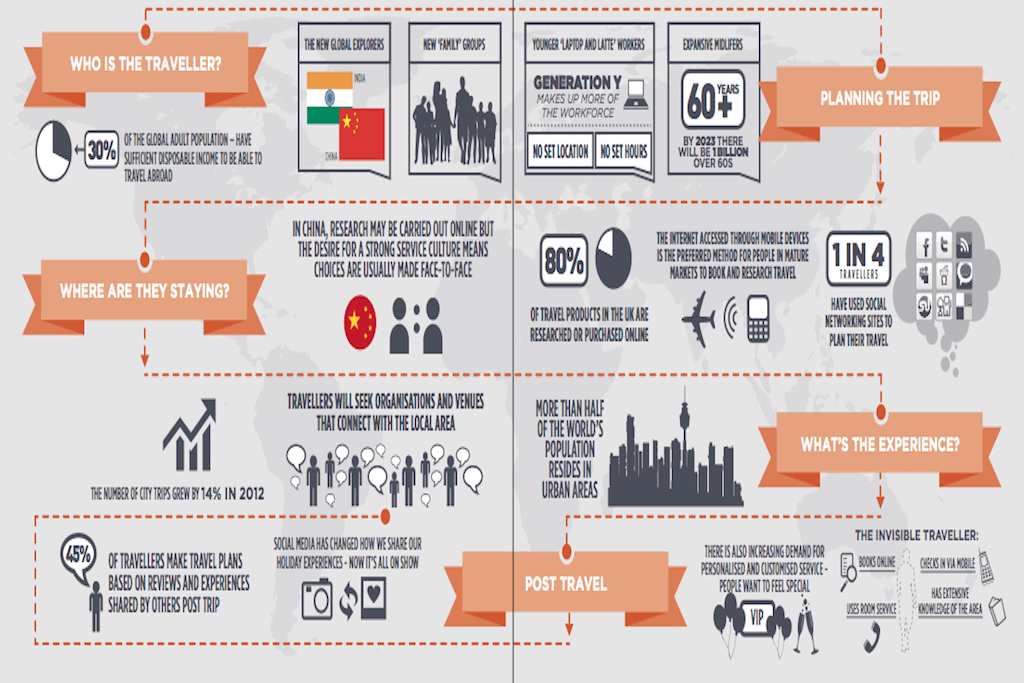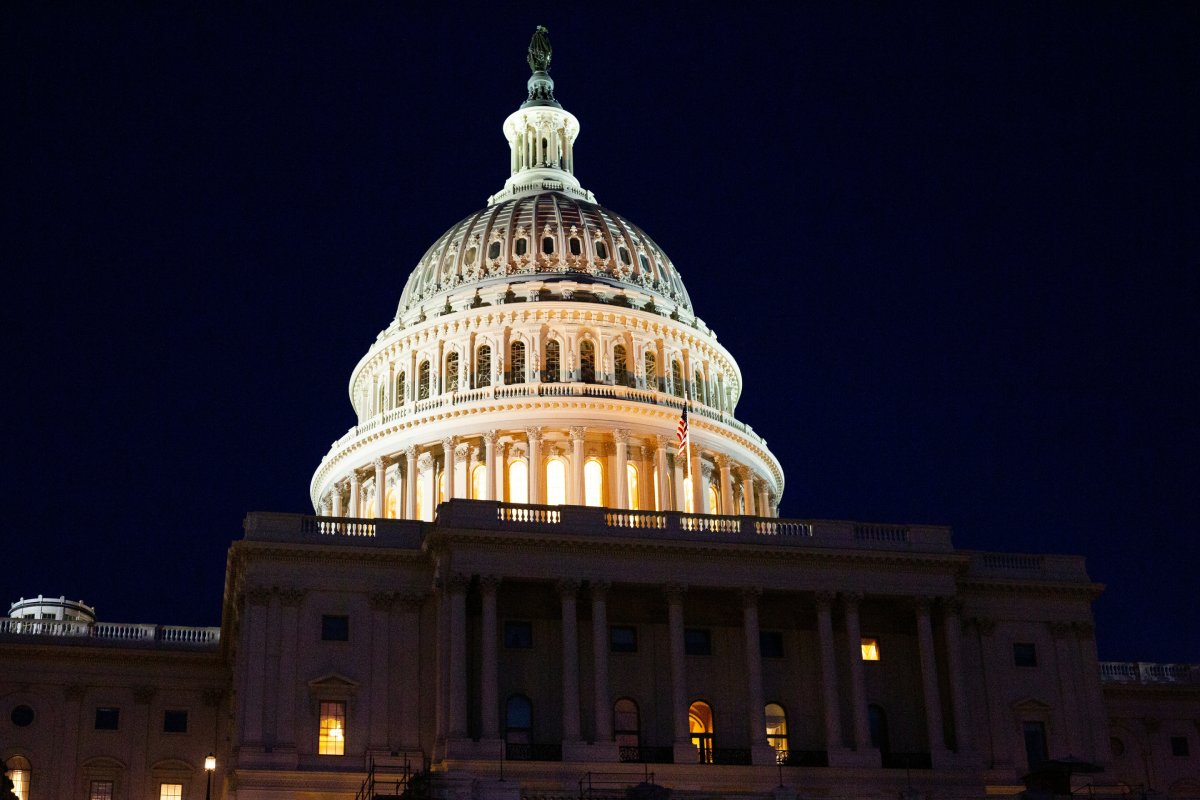The four new types of global travelers that hotels are adapting to

Skift Take
InterContinental Hotels Group has come out with a report that expands on the idea that a new economy, one that prioritizes relationships over experiences, will change the way people travel and where they want to stay.
One of the industry's biggest challenges in this new economy will be catering to new types of traveler, ones that defy the previous boundaries defined by business travelers, backpackers, holiday-makers, and retirees.
The report urges hotels to remain agile in their ability to serve a guest that might arrive as a business traveler, become an outdoor adventurist on the weekend, and welcome their extended family for vacation the following week.
IHG sees a new era of hospitality differentiated by these four guests:
1. New global explorers from emerging markets.
The coming decade will see an increase in diversity in the travel market. The number of international arrivals from emerging countries will soon equal arrivals from mature markets as citizens of developing and growing nations from Colombia to Vietnam are able to afford travel for the first time. In particular, Asian travelers will account for one-third of total travel spending by 2020.
These travelers are expected to seek out the usual tourists sights propagated on media, but turn to hotels with a touch of home at the end of the day. Several major hotel brands are introducing amenities taken from the Asian, specifically Chinese, cultures.
2. New family groups from both developed and emerging markets.
Multi-generational travel that was once most common in emerging markets has become more prevalent for Western family units.
Interesting insight from the report:
These developments challenge the idea of a standard room layout. In Brazil, big family groups already hire out the entire floor of a hotel to stay together. In the InterContinental Samui Baan Taling Ngam Resort, it is common for a multi-generational family to rent several villas that share a pool.
Simultaneously, there's been a rise in one person households around the world. These solo travelers choose destinations based on an interest or hobby and seek accommodations that encourage interactions with similar guests.
3. Younger ‘laptop and latte’ travellers mixing business with play.
This new set of business travelers is in their twenties, constantly connected, and looking to work wherever in the world they might be. The importance of Internet and a quiet space to work are critical to their choice in hotel. Major brands are introducing shared work lounges to cater to this new type of business traveler.
4. Expansive midlifers who are redefining older age.
There will soon be more than 1 million people over the age of 60. These "Grey Nomads" are looking to take advantage of cheap flights and quick booking tools that weren't available in their youth. They are looking to seek out experiences without being discriminated for their age. Hotels need to cater to this generation by providing the necessary amenities without alienating them as an older traveler.
The full report is below.
The new kinship economy: From travel experiences to travel relationships






